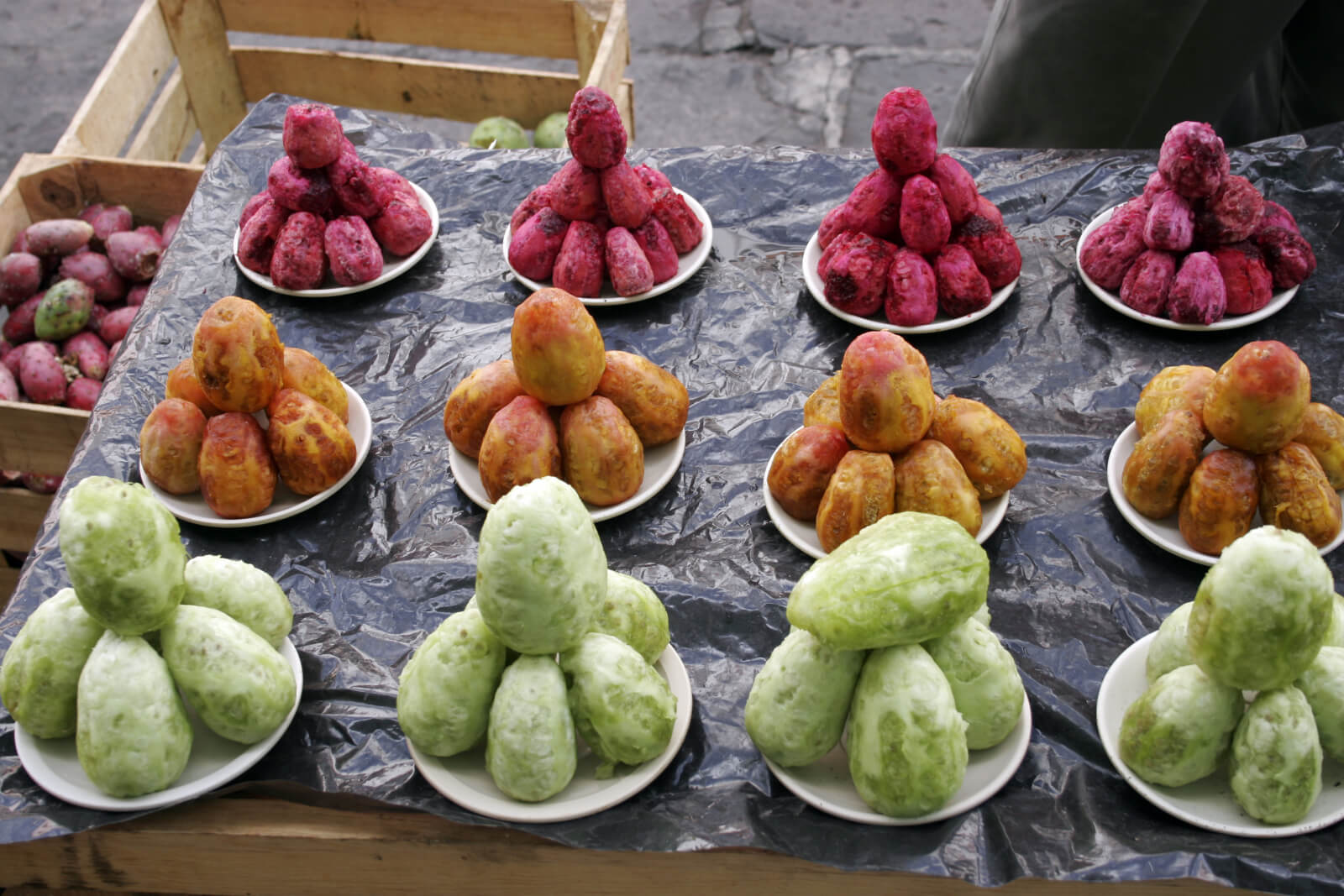Body Care
Prickly pears and calcium carbonate in bones
The prickly pear is being looked at in relation to its high calcium content being linked to health bone density, according to a recent study.
“Prickly pear (Opuntia ficus indica (L.)) has long been a popular food in Mexico, but a new animal study suggests calcium from the prickly-pear plant may offer benefits to bone health. Writing in Nutrients, researchers in Mexico report that rats that were fed mature cladodes (stems) from the O. ficus indica plant showed improvements to bone mineral density (BMD), femur cortical width and trabecular thickness, and more.
“The study included 35, male Wistar rats who were divided into five groups. In four of the groups, rats received a 5 g/kg diet of calcium from O. ficus indica, with the plant cladodes harvested at either 25, 60, 100, 135 days of their maturation stage. Aach cladode-stage corresponded to one of the O. ficus indica groups. The fifth group served as a control and received a 5 g/kg diet of calcium from calcium carbonate.
Researchers found that the control and late-maturity cladode groups demonstrated significant improvements to several parameters of bone health compared to the early-maturity cladode groups. The control group, the 100-day cladode group, and the 135-day cladode group all demonstrated significantly higher failure load of femurs than the early-maturity groups, and those three groups also had the highest calcium content in the femurs.
“What’s more, in the control group and the latest-maturity cladode group (135 days), researchers observed femur cortical width and trabecular thickness that were significantly higher than the early-maturity cladode groups. The highest BMD values were also found in the 135-day cladode group and the control group during rat pubertal and adolescence stages.
“The results supported by this research demonstrate, for the first time, that the calcium contained in O. ficus indica cladodes is actually bioavailable and capable of improving the mineral density and mechanical and microstructural properties of bones in rats,” researchers concluded. “These findings suggest that the consumption of cladodes at the late maturity stage in the diet might have a beneficial impact on bone health.” They added that further studies are necessary to explore how O. ficus indica might affect bone health in humans.”

 English
English Français
Français
